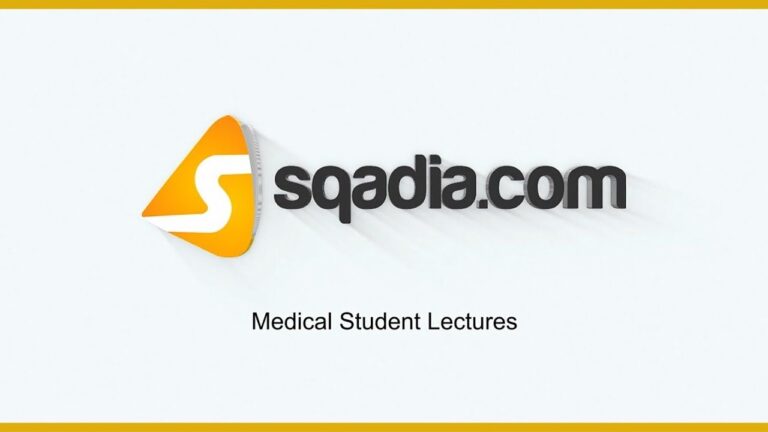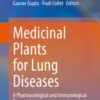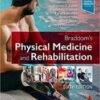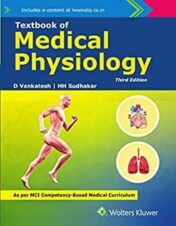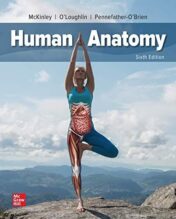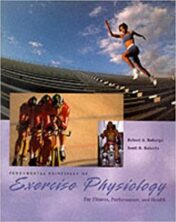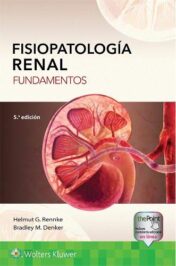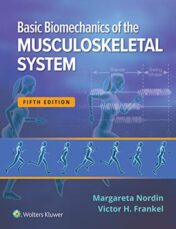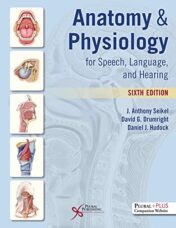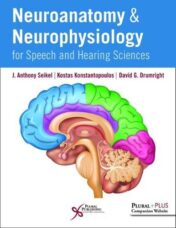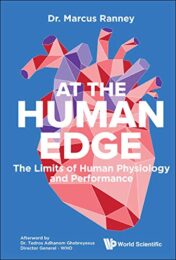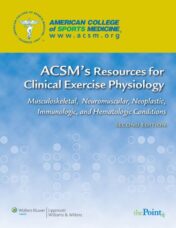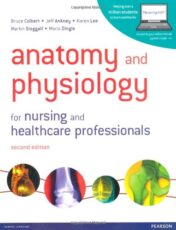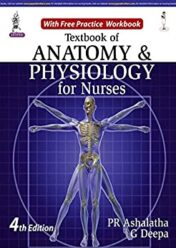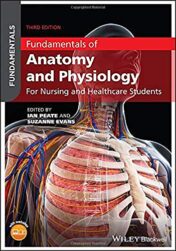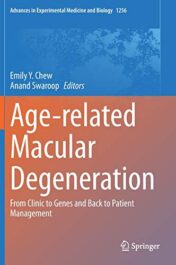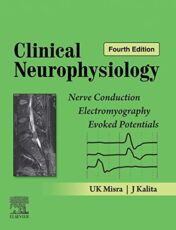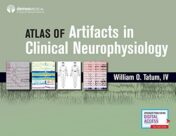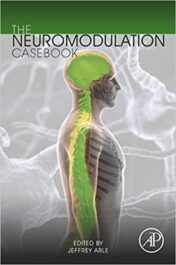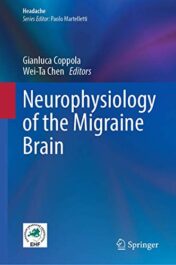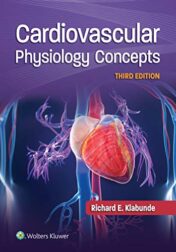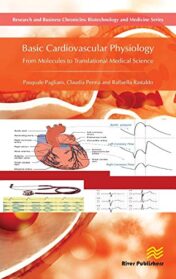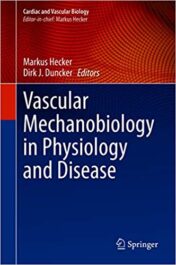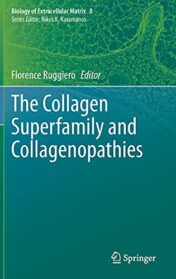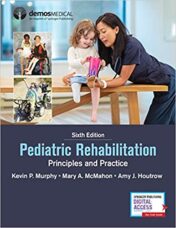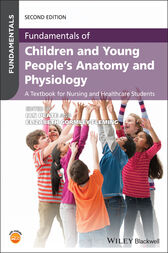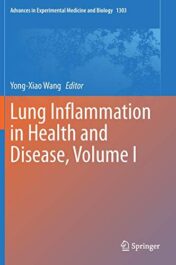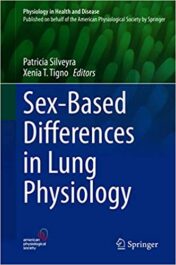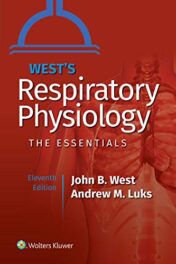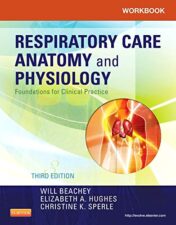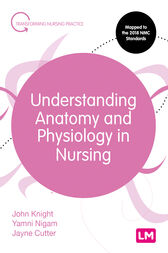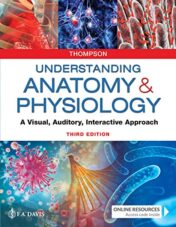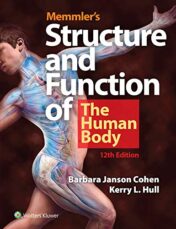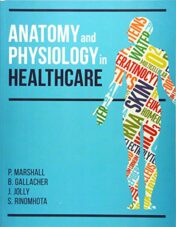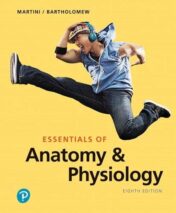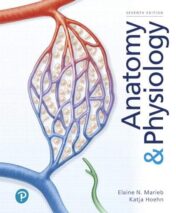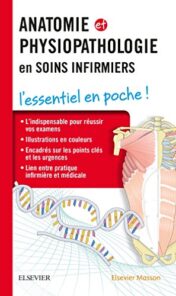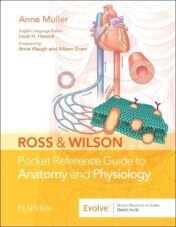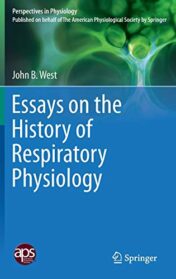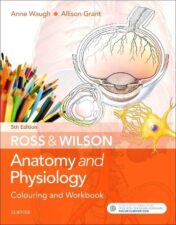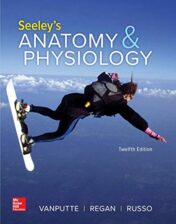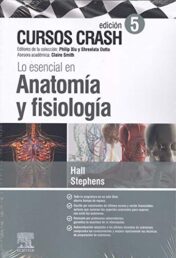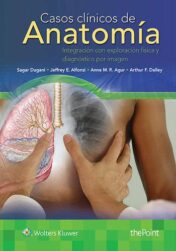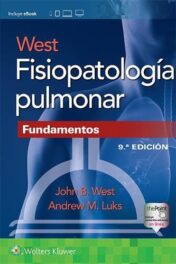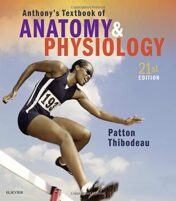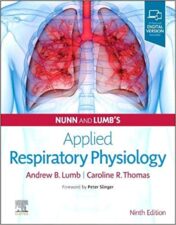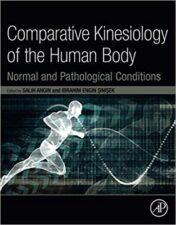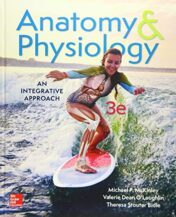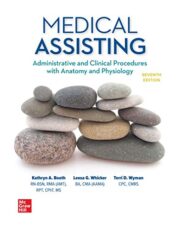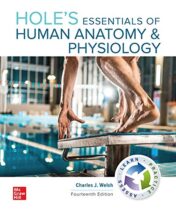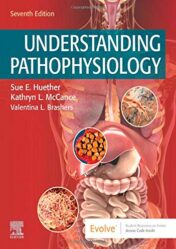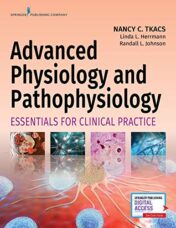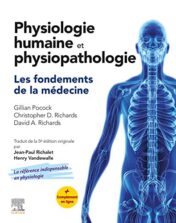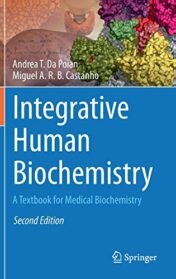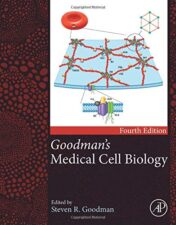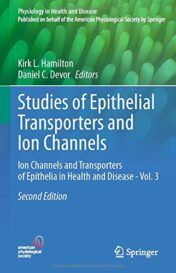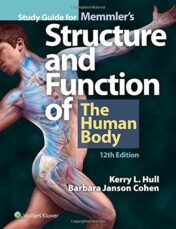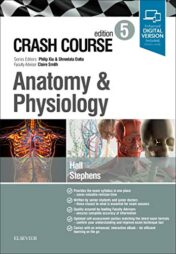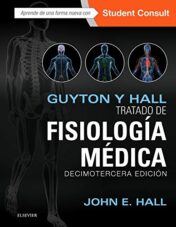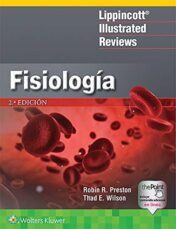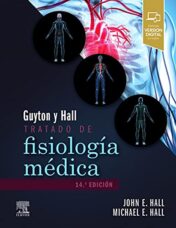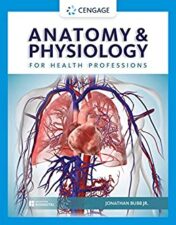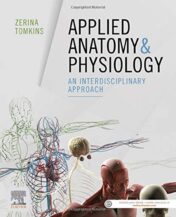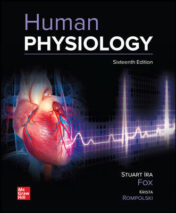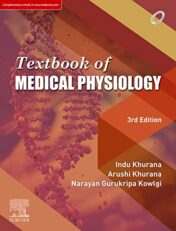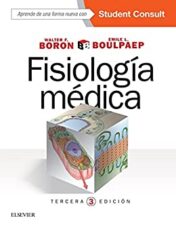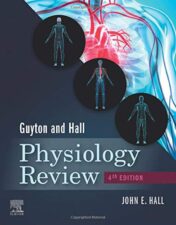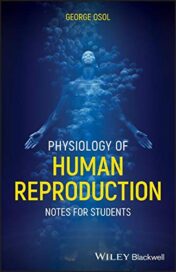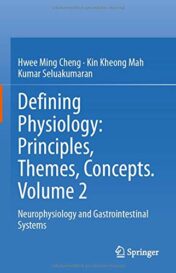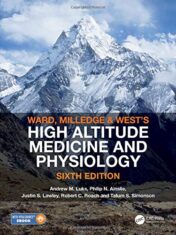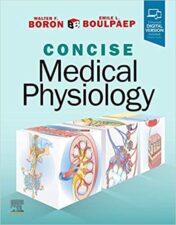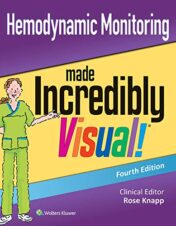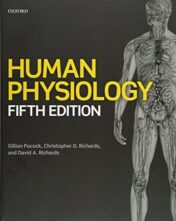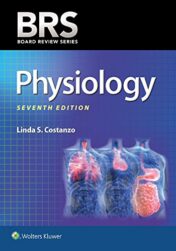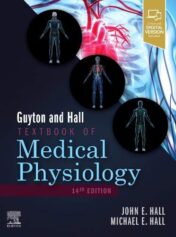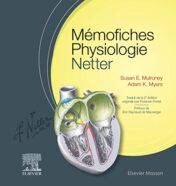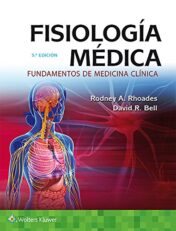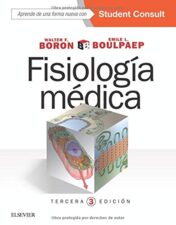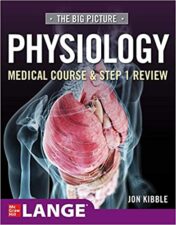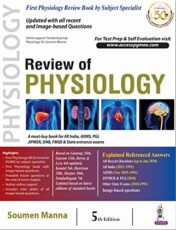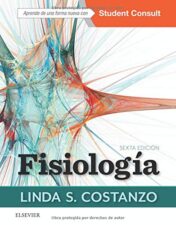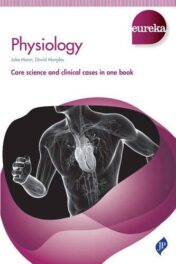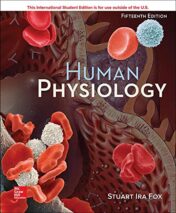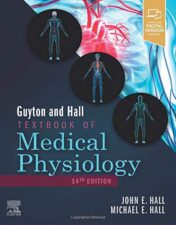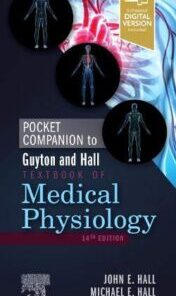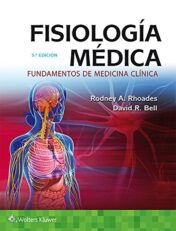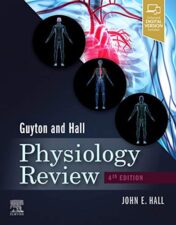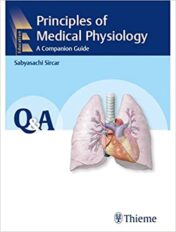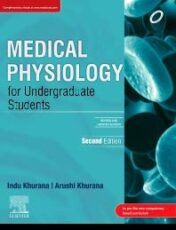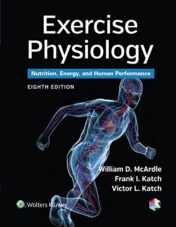sqadia120
Bite-sized videos packed with everything you need to know in just 120 seconds….Hence the name “sqadia120”. How genius! So, if you are looking for just an overview, we got you covered!
Exam Tips
Looking for important questions your examiner might ask in your oral exam? Or just need notes to go through a single topic? Just watch our exam tips! They are short videos that accompany our full length lectures. They act as visual notes, which are focusing on just a single topic.
Crash Courses
The course will give the student an overview of the curriculum and content. Such courses are quite useful if you want a quick introduction to a very extensive subject.For students, this is particularly useful tool up to the exam.
Topics:
– 2-Minute Physiology_ Countercurrent Mechanism
– 2-Minute Physiology_ Micturition
– 2-Minute Physiology_ Neurotransmitter
– 2-Minute Physiology_ Proprioception
– 2-Minute Physiology_ Renal Circulation
– 2-Minute Physiology_ The Photoreceptors Mechanism
– Adrenocorticotropic Hormone (ACTH)
– Anemia and Polycythemia
– Apoptosis_ Programmed Cell Death
– Autonomic Nervous System
– Behavioral and Motivational Mechanisms
– Blood
– Blood Groups
– Cardiac Arrhythmias with ECG Interpretation
– Cardiac Output, Venous Return and their Regulation
– Central Neurophysiology of Vision
– Cerebral Blood Flow, Metabolism and CSF
– Cerebral Cortex_ Intellectual Functions
– Circulation_ Biophysics of Pressure, Flow and Resistance
– Circulatory Shock
– Coagulation
– Coagulation Cascade
– Contraction and Relaxation of Smooth Muscle
– Contraction of Skeletal Muscle
– Contraction of Smooth Muscles
– Cortical and Brainstem Motor Control
– Degeneration and Regeneration of Nerve Fibers
– Digestion and Absorption
– Erythropoiesis
– Excitation of Skeletal Muscle
– Gastric Secretion
– Gastrointestinal Physiology_ General Principles
– Gastrointestinal Physiology_ General Principles (Crash Course)
– Genetic Control of Cell Functions – I
– Genetic Control of Cell Functions – II
– Genetic Control of Cell Functions – III
– G-Protein Coupled Receptors Signalling Pathways
– Growth Hormone
– Heart Sounds_ Valvular and Congenital Heart Defects
– Hemostasis
– Hemostasis and Blood Coagulation
– Hormones
– Hormones_ Mechanism of Action
– How is cholesterol transported from liver to peripheral tissues_
– Immunity
– Introduction to Physiology
– Local and Humoral Control of Tissue Blood Flow – I
– Local and Humoral Control of Tissue Blood Flow – II
– Membranous Organelles of Cell
– Microcirculation and Lymphatic System
– Muscle Blood Flow_ Coronary Circulation and Disease
– Pain and Thermal Sensations
– Parathyroid Hormone
– Physiology Course Video Lectures
– Physiology of Deep-Sea Diving
– Physiology Video Lectures
– Pituitary and Hypothalamus
– Posterior Pituitary Hormones
– Production and Circulation of CSF
– Production and Secretion of Saliva
– Pulmonary Circulation
– Receptor and Neural Function of Retina
– Red Blood Cells
– Regulation of Blood Glucose
– Regulation of Circulation and Arterial Pressure Control
– Regulation of Respiration
– Renal Regulation of Arterial Pressure in Hypertension
– Respiratory Diseases and Oxygen Therapy
– Respiratory Insufficiency_ Pathophysiology and Diagnosis
– Salivary Secretion
– Secretory Functions of Alimentary Tract
– Sensory Receptors and Neuronal Circuits
– Skeletal Muscle Relaxants
– Somatic Sensations_ Tactile and Position Senses
– States of Brain Activity
– Synthesis and Release of Acetylcholine
– The Chemical Senses_ Taste and Smell
– The Cord Reflexes
– The Excitation of Smooth Muscles
– The Sense of Hearing
– Thyroid Hormones Physiology
– Types of Drug Antagonist
– Urine Formation
– Vascular Distensibility_ Arterial and Venous Functions
– Vitamin K

